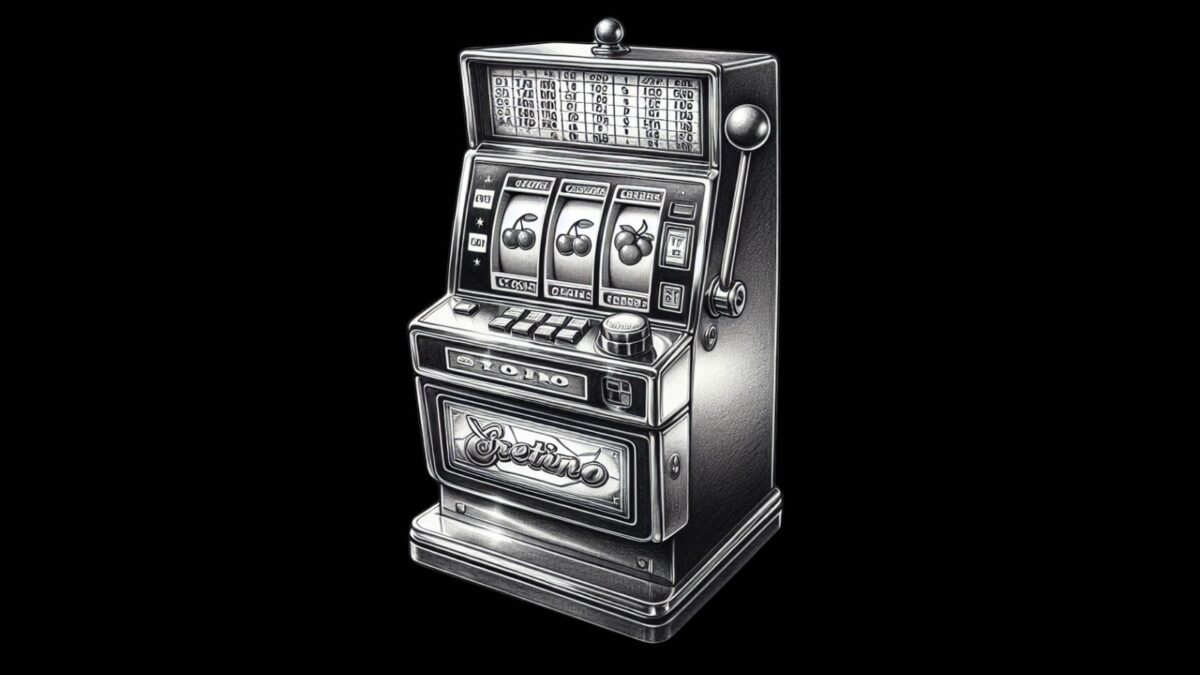History repeats in the everything selloff
In recent months, most asset classes have moved rapidly lower and in perfect lockstep. The last time that happened was 41 years ago, according to research from BCA, which examined the last 200 calendar quarters and found a near perfect match in the gloomy days of 1981. According to Dhaval Joshi, chief strategist for BCA Counterpoint, “this star alignment is even rarer than the one we normally see in the sky.”
“The reason we have this very powerful connection is that the Jay Powell Fed is essentially doing the job of the Paul Volcker Fed – it’s repeating history,” Joshi said. “But the point here is that even when we had strong inflation in the 70s, the Fed and a lot of central banks basically had their wings clipped; governments put enormous pressure on them to not slow the economy down…. Only when we had the regime change to Reagan and Volcker was monetarism born and embraced.”
The Jerome Powell Fed – and other central banks – had their own wings clipped during the pandemic and are only now able to catch up. But another “remarkable similarity” presents itself in the way that Russia’s invasion of Ukraine has created the same the inflationary pressures created by the Iran-Iraq War in the Volcker years.
There is good news. If the best template for what markets are going through now is the ’81 experience, the sell-off in bonds and equities is almost at its end – but investors shouldn’t start celebrating too soon.
“If this is the shape, we’ve kind of seen most of the losses. The low point would be around 3500 on the S&P. On the other hand, in terms of the timeframe of when you get a sustained rally, that may be some time away… the real start of the next bull market may not be imminent, though most of the damage is done.”
The best sector strategy, based on the ’81 experience example, is one focused on those with relatively defensive earnings and long duration. Healthcare and financials are two of those sectors; utilities offer a potential safe harbour, but energy providers could get hit by price caps, forced to absorb higher market prices that can’t be passed along to consumers. And while commodities have had a fantastic year-to-date, that particular party should end soon too.
“The one I’d be quite wary of now is oil… We’ve never had a recession where oil prices have not come down very sharply,” Joshi said. “This is the odd one out at the moment; if you look at all the other commodities, they’ve started to correct quite heavily. Tin is down about 40 per cent; copper is down about 30 per cent; lumber is down very heavily.”
“Oil has held up so far because of all these issues about supply. But the point is that if we do get a recession, the demand side will completely take over. That’s exactly what happened in the 80s. We had some supply concerns because of the Iran-Iraq War, but that didn’t stop oil falling very, very sharply when we entered a recession in late ’81.”
While Joshi believes inflation will be in the rear-view mirror in a year’s time, the real debate is around whether the US economy needs a recession to put it there – the really grisly business of central banks trying to engineer a slowdown. But the big danger is that trying to generate a mild recession can very easily create a severe one.
“There’s no off button where you say “right, we’ve done what we need to do, let’s grow the economy at this moment in time.” It’s very, very difficult to control a slowdown and say “this is all we want and let’s stop here”. If the Fed is serious about getting to two per cent quickly on core and headline inflation, that’s what they may need.”











